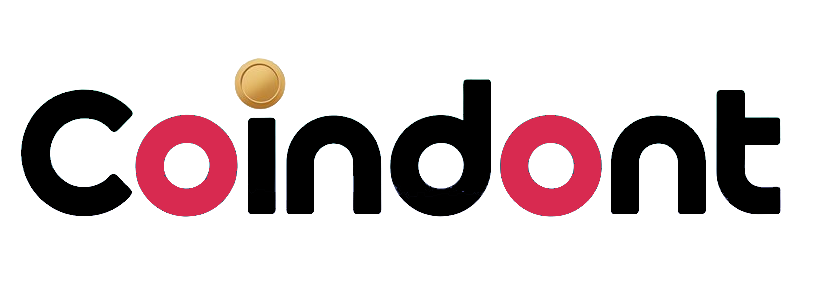
With the bank currently processing about $2.5 trillion in payments daily and overseeing $55.8 trillion in assets under custody, the move could mark a significant step in bridging traditional finance with blockchain technology.
According to Bloomberg, BNY Mellon aims to offer clients faster, more transparent, and programmable payment options while maintaining regulatory compliance.
Tokenized Deposits: What They Mean
Tokenized deposits are essentially digital representations of cash held at a bank, secured on a blockchain network. Unlike cryptocurrencies, these tokens are backed by real deposits, ensuring stability and reducing volatility. Clients could transfer value instantly across borders, potentially cutting down settlement times that today can take days for large institutional payments.
BNY Mellon classifies Ripple AND Stellar as “Special” Blockchain Infrastructure Protocols.😏💨
Documented.📝👇 https://t.co/p8VYrhwF2L pic.twitter.com/fJUOYVfoDS
— SMQKE (@SMQKEDQG) October 7, 2025
This innovation comes amid a growing trend of traditional financial institutions integrating blockchain for efficiency. For instance, JPMorgan’s JPM Coin allows corporate clients to instantly move U.S. dollars between accounts on a private blockchain network. Similarly, BNY Mellon’s approach could expand access to blockchain-based payments for institutional clients while leveraging the bank’s long-standing compliance and security infrastructure.
Bank of New York Mellon Corp. is exploring tokenized deposits to enable clients to make payments using blockchain, as major banks across the world step up use of the technology underpinning digital assets to transfer funds https://t.co/VTk1pDlsP3
— Bloomberg (@business) October 7, 2025
BNY Mellon’s tokenized deposits highlight a broader pattern: mainstream finance is increasingly embracing blockchain not as a speculative tool, but as a practical infrastructure solution. With trillions of dollars flowing through the global financial system, even small efficiency gains can have an enormous economic impact. Tokenized deposits could enable instant payments, programmable transactions, and improved transparency for audit and reporting purposes.
More About Tokenized Deposits
India is preparing to pilot tokenized bank deposits. This is a major step toward integrating blockchain technology into its traditional banking system. The pilot will allow banks to issue digital representations of deposits on a blockchain. This will enable faster, more secure, and transparent payments.
🇮🇳 JUST IN: India to pilot tokenized bank deposits. pic.twitter.com/2STQKs2YOY
— Cointelegraph (@Cointelegraph) October 7, 2025
By digitizing deposits, the Reserve Bank of India aims to explore the potential of programmable money while maintaining regulatory oversight and financial stability. This initiative follows a growing global trend, as countries and financial institutions experiment with tokenized assets to improve efficiency and accessibility in payments and banking.


Disclaimer
The information discussed by Altcoin Buzz is not financial advice. This is for educational, entertainment, and informational purposes only. Any information or strategies presented are the thoughts and opinions of the writer/reviewers, and their risk tolerance may differ from yours. We are not responsible for any losses you may incur due to any investments directly or indirectly related to the information provided. Bitcoin and other cryptocurrencies are high-risk investments; therefore, please conduct your due diligence. Copyright Altcoin Buzz Pte Ltd.



